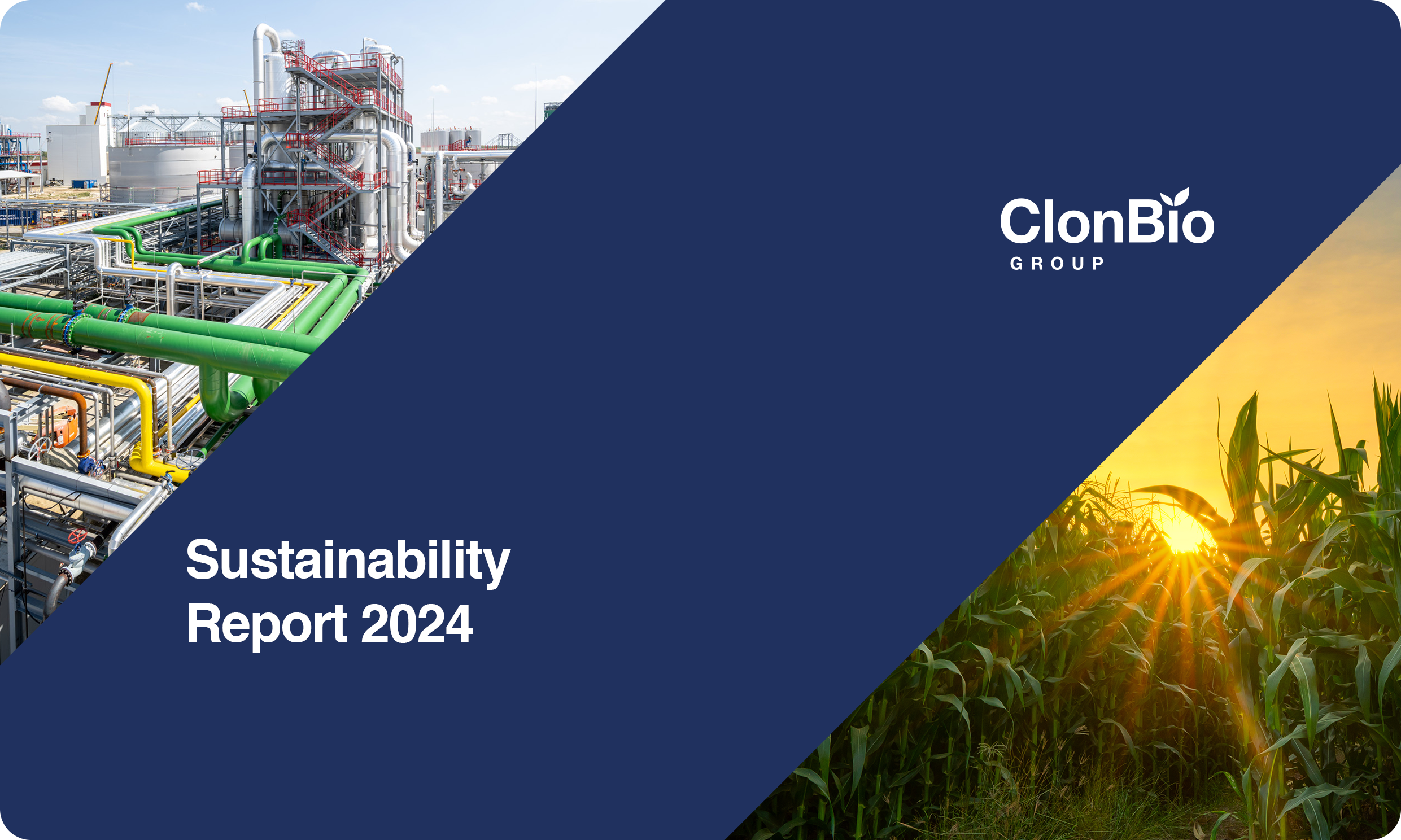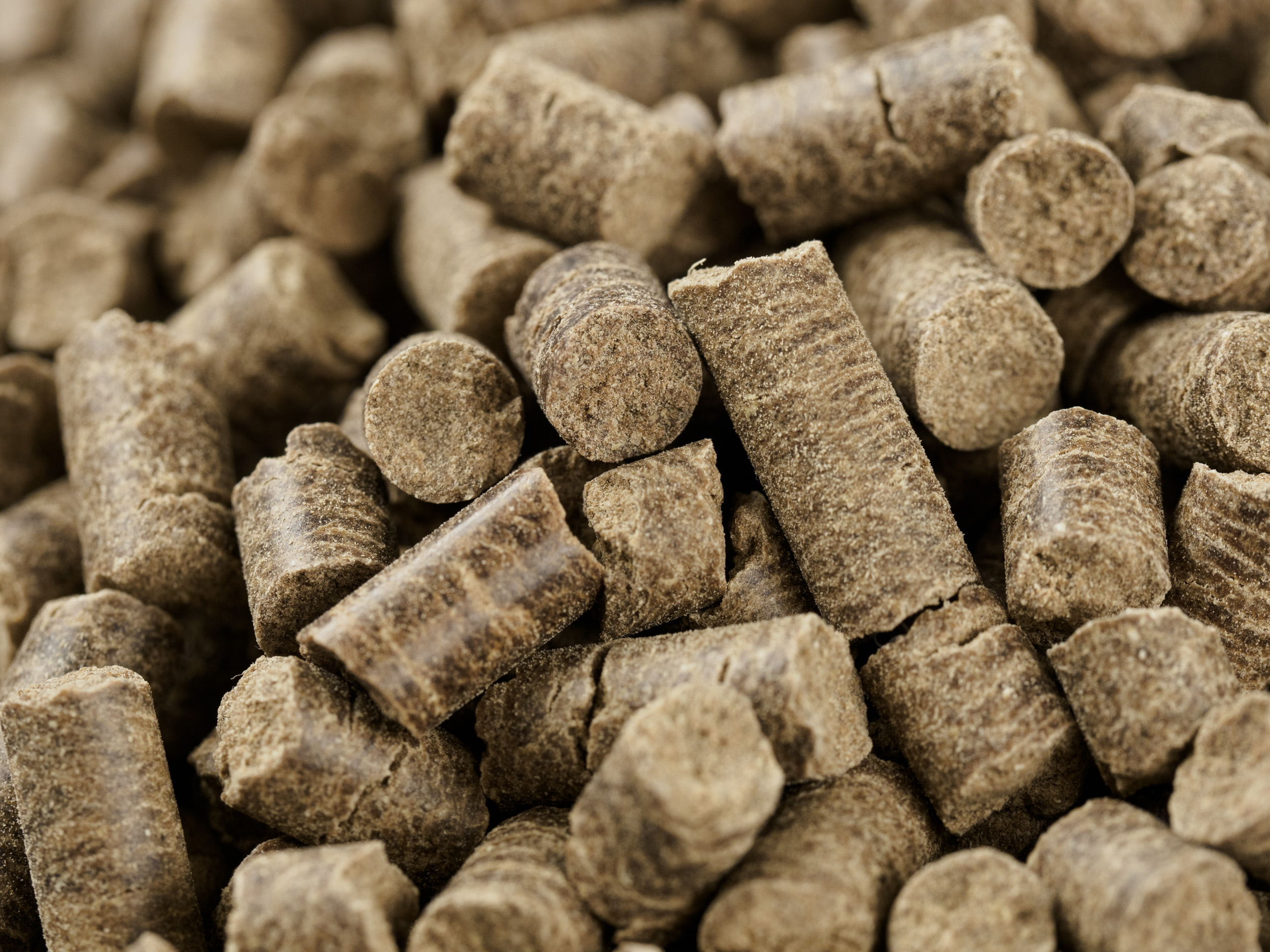Stay informed, inspired and connected with the latest from Pannonia Bio.

A Pannonia Bio Zrt. (székhely: 1051 Budapest, Zrínyi u. 16. I/1. cégjegyzékszám: 01-10-046437; adószám: 14858019-2-44) („Társaság”) az alábbi tájékoztatást adja ki.

ClonBio has published its 2024 Sustainability Report, highlighting the Group’s key environmental and social developments. The report outlines how we manage our impact across the full value chain and the steps we are taking toward a more sustainable future.

As the aquaculture industry seeks sustainable, high-performance alternatives to traditional protein sources, barley protein concentrate (BPC) is emerging as a game-changer.

The cleanup of the biogas fermentation leak at our site has been successfully completed.

We would like to inform you about the steps we are taking to address the situation.

Pannonia is pleased to announce new trial data confirming that Barley Protein Concentrate (BPC) from Pannonia Bio is a high-performing, sustainable solution for weaning piglets.

Dunaföldvár, May 15, 2025 – On Wednesday afternoon, shortly after 3:00 p.m. a fire broke out at the Pannonia Bio plant in Dunaföldvár.

Around 5 a.m. of this morning, organic biogas digestate left over from biogas production spilled out at Pannonia Bio's Dunaföldvár site. Upon noticing the problem, the company immediately blocked the spread of the material, preventing leak into the Danube.

This year’s employer branding photo shoot at Pannonia Bio took place in a cheerful and relaxed atmosphere.

Energy Corp üzletrész eladási szerződés megkötése

Revisiting the Role of Ethanol in Transport Decarbonisation.

A Pannonia Bio Zrt. ezúton ismerteti 2023. évi pénzügyi beszámolóját.

A Pannonia Bio Zrt. hirdetményben tájékoztatja a tőkepiaci szereplőket.

Pannonia Solar naperőmű portfolió értékesítése

A Pannonia Bio Zrt. hirdetményben tájékoztatja a tőkepiaci szereplőket.

A Pannonia Bio Zrt. ezúton ismerteti 2022. évi pénzügyi beszámolóját.

A Scope Ratings GmbH hitelminősítő intézet közzétette legfrissebb minősítését a Pannonia Bio Zrt. vonatkozásában.

A Scope Ratings GmbH hitelminősítő intézet közzétette legfrissebb minősítését a Pannonia Bio Zrt. vonatkozásában.

A Scope Ratings GmbH hitelminősítő intézet közzétette legfrissebb minősítését a Pannonia Bio Zrt. vonatkozásában.

A Pannonia Bio Zrt. ezúton ismerteti 2020. évi pénzügyi beszámolóját.

Bio Elekt d.o.o. 100%-os részvénycsomagjának megvásárlása

Pannonia Solar naperőművek üzembe állítása

In its recent rating report, Scope Ratings GmbH affirms the BB+/Stable issuer rating on Pannonia Bio as well as the BBB senior secured debt rating.

Pannonia Bio Zrt. is considering issuing between HUF 30 billion and 50 billion in long term NKP bonds similar to the HUF 15 billion bonds that it issued in 2019, but potentially with longer tenors.

Pannonia Bio Zrt. is a participant in the National Bank of Hungary’s Bond Programme for Growth Scheme and has been awarded a credit rating of BB+ Stable in relation to this by Scope Ratings.

Pannonia Bio’s renewable ethanol production integrates the local agricultural communities with investment, innovation and providing the premium animal feed. Pannonia Ethanol's suppliers earn income, generate valued added and create jobs as a result of their sales to Pannonia Ethanol.

There are limited climate change mitigation options available in the EU transport . A study by Hétfa (2014) finds that renewable ethanol reduces Greenhouse Gas (GHG) emissions significantly reduction effect. The mitigation cost of Hungarian ethanol from corn feedstock is more competitive than alternative renewable fuels in the transport sector.

A recent study by Utrecht University’s Copernicus Institute of Sustainable Development shows that policies for ensuring a sustainable pathway for biofuels in general need to stimulate increases in resource efficiency and productivity in feedstock production as well as addressing all land use.